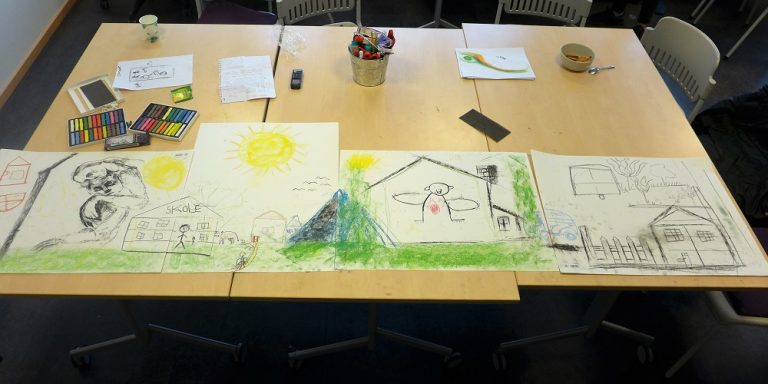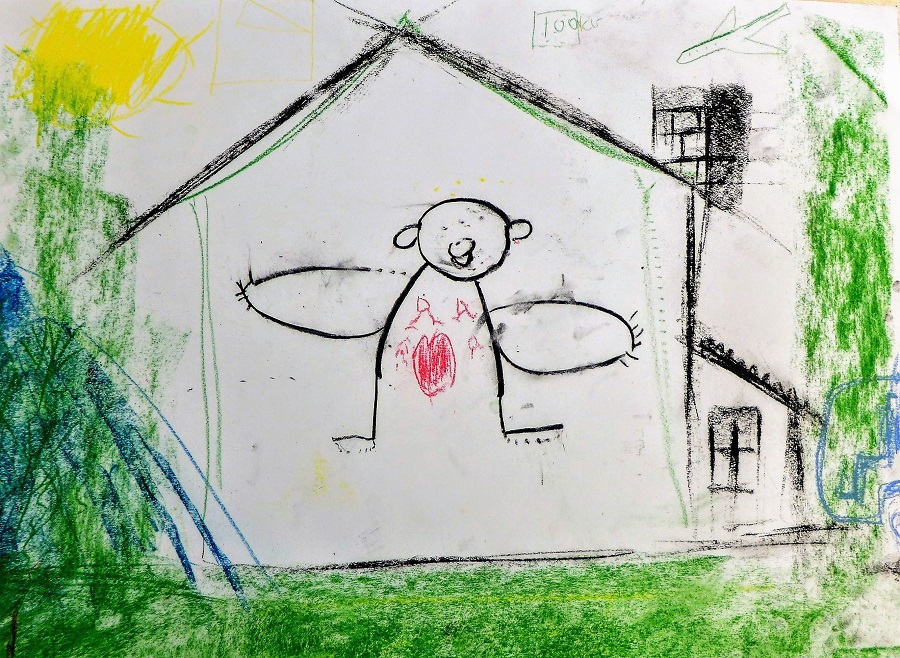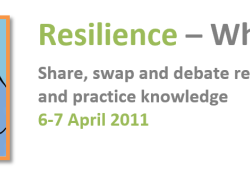Topic “Help goes around in a circle”: young unaccompanied refugees’ engagement in interpersonal relationships and its significance for resilience – Kristina Johansen
Resources You can download the forum slides
Session Summary The purpose of this session was to present an outline of Kristina’s research on the relational resilience of young unaccompanied refugees in Norway and to open up for a discussion on how her findings might resonate with and relate to the audience’s experiences and understandings. She has explored a group of young unaccompanied refugees’ experiences with and reflections on different dimensions of psychosocial health and resilience. Data were derived through a combination of participant observation, semi-structured interviews and research workshops.
Young unaccompanied refugees are considered particularly vulnerable and at increased risk of mental health problems because of their young age, potential trauma, separation from primary caregivers and integration challenges. While researchers are showing growing interest in the resilience of these young people, most research in Norway still primarily explores vulnerability and risk factors and often lacks the voices of the young people.
How do young unaccompanied refugees actively engage in interpersonal relationships? What is the significance of these relationships in doing well following adversity? Participants described actively searching for help and support in order to do well. In addition, they showed concern for others and often described an explicit intention of helping. They engaged in relationships of mutual support and helped others through acts of kindness or social involvement. Nevertheless, the relationships were not only a source of happiness, safety and well-being, but could also be a source of pain and worry.
Biography Kristina Johansen is a Research fellow in Social Work at the University of Stavanger, Norway.

Previously, I have worked with human rights defenders in Colombia through Peace Brigades International and written a documentary book on how survivors experience and cope with the armed conflict there. In Norway, I have worked with unaccompanied minor asylum seekers and refugees at reception centres and child welfare institutions.
Who might be most interested Academics, practitioners, researchers, students, parents, carers, community workers, volunteers, public sector workers, young people, service users, people with lived experience of mental health problems.
Key Readings
Johansen, K. & Studsrød, I. (2019). “Help goes around in a circle”: young unaccompanied refugees’ engagement in interpersonal relationships and its significance for resilience. International Journal of Migration, Health and Social Care. Doi:10.1108/IJMHSC-03-2019-0035
This event took place on Friday 6 December 2019.
If you like what you see and you want more, More, MORE, why not subscribe to our mailing list? You’ll receive our email newsletter with details of our upcoming Resilience Forums, training and other events, news and resources (most of which are free!), and any other products and services that might be of interest. This is a web-based service and it is very easy to subscribe, unsubscribe or update your email address at any time. Sign up to the mailing list here.
The Resilience Forum is for ANYBODY (with a pulse!) involved with or interested in resilience research



